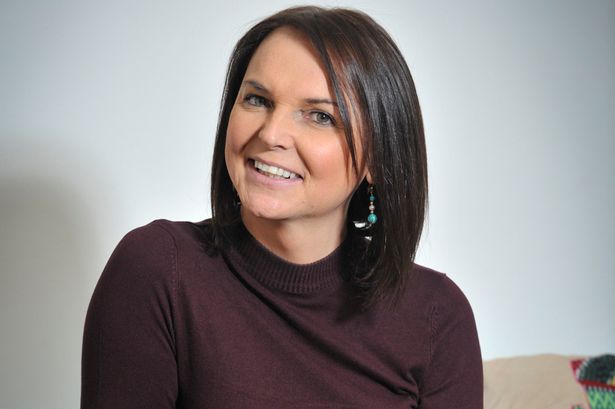UK’s first trans newsreader opens up about coming out to her son and the world
By Josh Lee

India Willougbhy, a reporter for ITV Tyne Tees and Border has opened up about living in the closet in a new interview with The Times.
50-year-old India had worked for ITV’s Border News for a decade, but left the broadcaster in 2010 when she began transitioning. She returned to TV this October.
Speaking to the Times, she explained that life in the closet “becomes like a pressure valve.”
“It reaches a point where you have to express that side,” she said.
She added: “It’s got nothing to do with any sexual gratification or getting turned on. I’ve never once got excited in that way about it. It’s more to do with being identified by everyone around you as who you are. Clothes to me have always been like a flag.”
The journalist went on to discuss the pressure she felt to settle down with her then-girlfriend, with whom she shares a son, prior to coming out: “It was at an age when all my friends were getting married and having children and I was the only one not doing it,” she explained.
“I was very aware of societal pressure, of what was expected but also, if I’m honest, I thought: ‘What can I do about it? I’ve been dealt these cards and I’ve just got to play them as best I can.’ I’d kept quiet all my life, I’d just do the same.”
While the pair’s relationship broke down, they remained friends.
According to The Times, Willoughby waited until her son had completed his GCSEs to come out to him. ““My heart was in my throat,” she recalled, as he read a coming out letter she had wrote.
“I thought: ‘This is it: I’ve lost my son.’ Then I heard the car door clunk. He came over and said: ‘It changes nothing.’”
Despite having to come out several times, both personally and publicly, Willoughby doesn’t consider herself “particularly brave,” because she more able to pass (not be identified as trans) than most.
“I’ve always considered being transgender a curse but the one blessing I’ve had is that passing privilege,” she told The Times.
“People say: ‘Oh you’re so brave, doing a public job and standing up for who you are.’ But I’m not particularly brave because of the way I look.”
“The really brave people are the ones who look the part; maybe they’re a bit broader and stand out, yet they still go out there and have a normal life. I have total sympathy and respect for those people.”
Read the full interview here.
